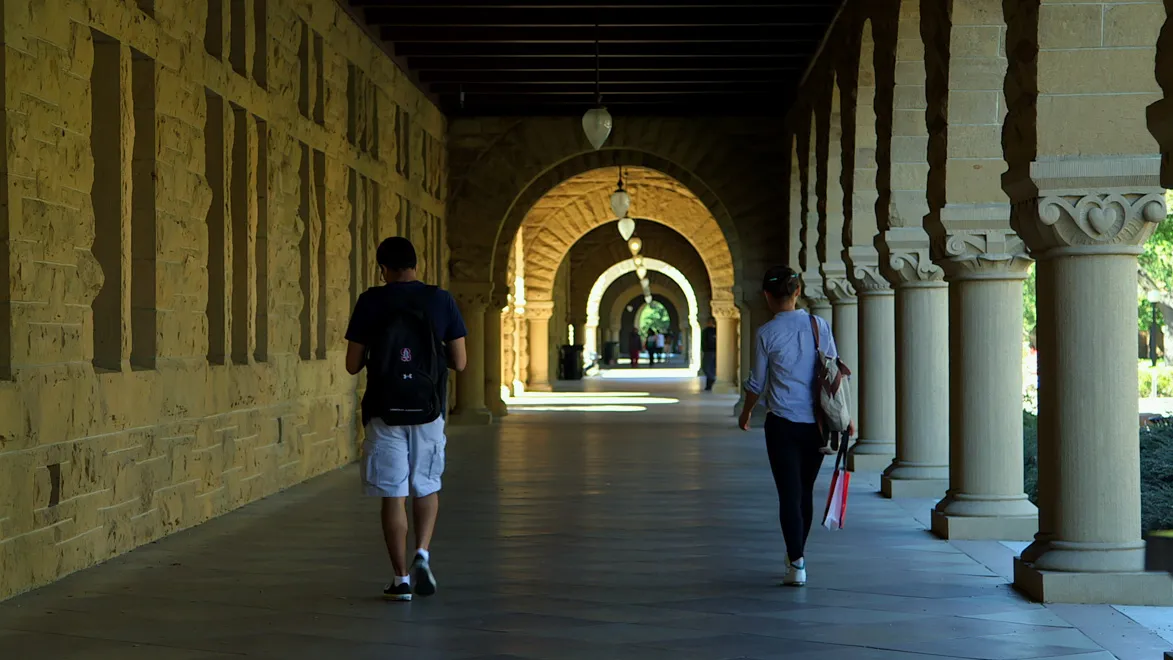Three out of five panelists reviewing a sexual assault case in 2015 determined that a football player sexually assaulted a female student. However, under the Alternate Review Process that mandated a supermajority of 4-to-1, the accused was not found guilty. The New York Times published an article today which argues that the University has now “changed its procedure in a way that victims rights advocates say favors the accused.”
The University implemented a new policy for investigating and adjudicating sexual assault cases, the Student Title IX Process, in February 2016. A Title IX Advisory Committee on Sexual Assault Policies and Practices consisting of three professors and two students has been meeting for a year and will come out with an evaluation at the end of the pilot period in August 2018.
The old Alternate Review Process was piloted from 2010 to 2013 and then adopted through 2015. The Provost’s Task Force on Sexual Assault Policies and Practices, composed of 18 faculty, staff, students and alumni, made the recommendation that expulsion should be the expected sanction for incidents of sexual assault, among other suggestions intended to guide the formation of a new policy.
Whereas the previous policy required a supermajority from a panel of five to determine guilt, the Student Title IX Process has a smaller panel of three and requires a unanimous finding of responsibility. The Times says this “stringent requirement” makes Stanford “an outlier among prestigious universities.”
The Times reports that the University has seen a nearly 86 percent increase in the number reported sexual assaults on or around campus from 2010 to 2015; that just 22 cases have reached the adjudication process and of those only panels for 13 have found the accused guilty to some extent; and that just one student has been expelled on the grounds of sexual assault since 2014.
The University released a statement disputing information in the Times article this afternoon, saying, “The story is based on one side of a single case, provides an incomplete assessment of our efforts and contains many inaccuracies.”
The statement continues, “Stanford holds students accountable. We have worked since 2010 to refine and strengthen the university’s judicial process for these cases, in consultation with faculty and students. Stanford has expelled four students for sexual assault since 2014. In 2016 alone, Stanford had 16 Title IX cases that were charged, including for sexual assault, stalking and sexual harassment, and found 13 people responsible — 81 percent — including one who was expelled.”
Stephanie Pham ’18, co-founder of Stanford Association of Students for Sexual Assault Prevention (ASAP) spoke with The Daily, following up on her quote in the Times article.
“Despite faculty and students highlighting major flaws such as the supermajority requirement in Stanford’s current policy, the University has once again chosen to ignore those opinions and silence survivors,” Pham said. “Our current policy does not effectively hold perpetrators accountable for their actions.”
Likewise, law professor Michele Dauber said she could not comment on the specifics of the case that appeared in the Times, but she also criticized the University’s supermajority rule.
“The main point is that Stanford could definitely have (and should have) a rule that if the victim receives 2/3 votes she can have a no contact directive,” Dauber wrote to The Daily. “Regardless of whether or not he is suspended or expelled, to say that the accused student can just come in her dorm and basically hang out outside her door if he wants after she receives a majority of votes makes no sense. The idea that the accused student could somehow sue the university over that is pure nonsense.”
Fellow ASAP co-founder Matthew Baiza ’18 added that he was troubled particularly by Provost John Etchemendy’s comments in the article: “Imagine a senior, who has paid four years of Stanford tuition,” Etchemendy told the Times. “Being expelled is really a life-changing punishment. I think we as an institution have a duty to take that very seriously.”.
“I think it’s clear-cut evidence that our University has the wrong priorities,” Baiza said. “A survivor’s well-being and mental health is absolutely and always worth more than a Stanford education, as much as it is glorified to be.”
Baiza also took issue with the sexual assault adjudication process, which he believes requires too high a standard of evidence. Baiza argued that the unanimous 3-0 decision required for a finding of responsibility makes it too difficult to hold most perpetrators accountable apart from “the most blatant and obvious incidence of assault.”
Professor David Palumbo-Liu, Director of Undergraduate Studies in Comparative Literature and one of the professors who released a letter outlining concerns with the Student Title IX Process, expanded on his comment to the Times regarding the faculty’s role in reforming sexual assault review policies.
“Faculty can step up and press to change the culture of violence by way of education, and I do not mean ancillary efforts,” he said. “I have long been an advocate for having us use our incredible educational resources to highlight how sexual violence, and other forms of violence, are engendered and sustained, consciously or no. I think it should be part of every student’s educational experience to be exposed to these ideas in a serious way.”
The Advisory Committee on Sexual Assault Policies and Practices is reviewing suggestions and comments on the pilot Student Title IX Process for the investigation and adjudication of Title IX cases through this form.
Contact Rebecca Aydin at raydin ‘at’ stanford.edu.
